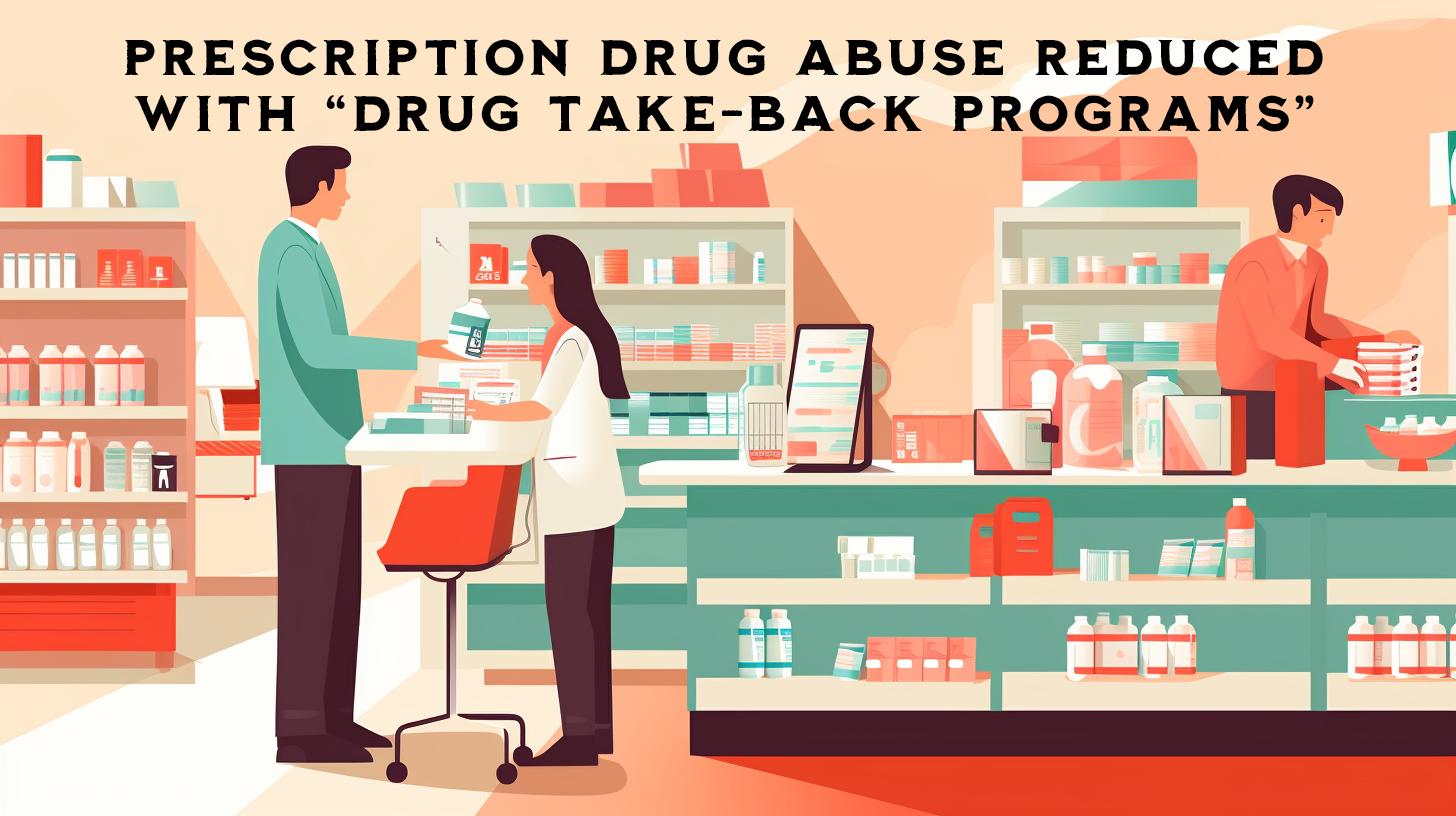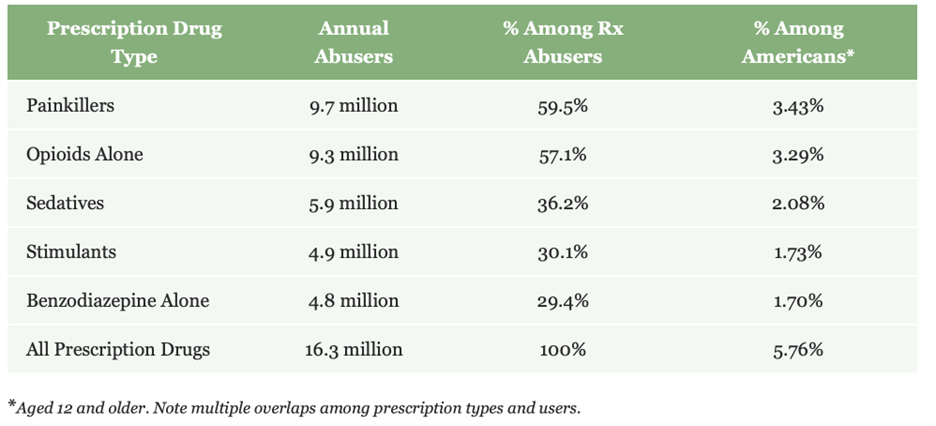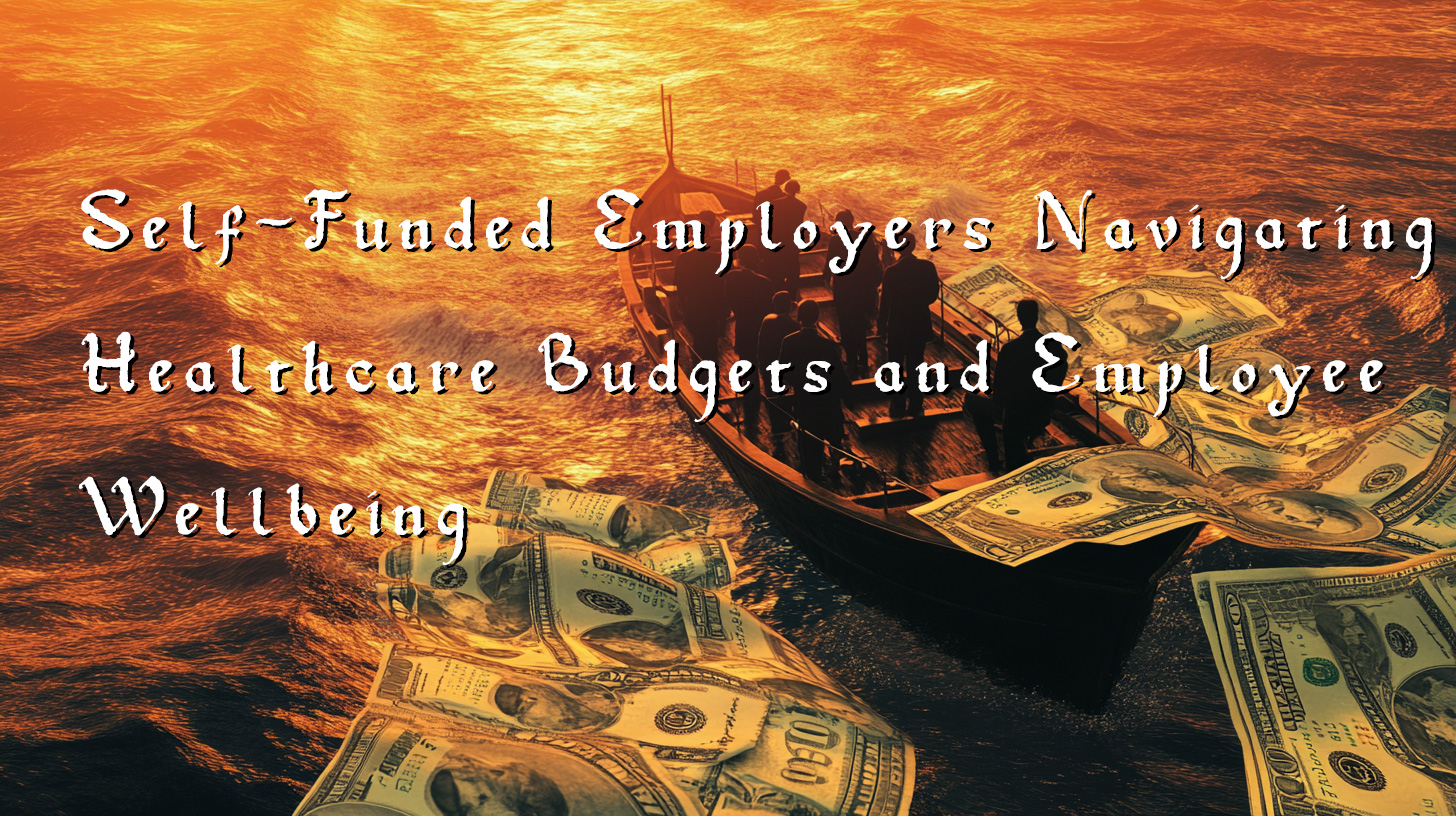Prescription drug abuse is a pressing public health concern because of the devastating consequences for individuals, families, and communities. Misuse of prescription drugs leads to a disturbing increase in addiction, overdoses, and risk of death. Moreover, black market suppliers have stepped in to fill the demand. The downstream effect is an increase in crime that is devouring communities across the U.S. In the fight against this crisis, drug take-back programs have gained traction as a vital strategy for preventing the abuse of prescription drugs.
The Mayo Clinic defines prescription drug abuse or misuse as taking a medication in a way not intended by the prescriber. So, for example, this could be popping a friend’s prescription painkiller for back pain all the way to snorting or injecting ground-up pills to get high. According to the National Center for Drug Abuse Statistics (NCDAS), about 52 million Americans (18.4%) aged 12 and older have deliberately misused prescription drugs at least once, and approximately 5.8% are chronic abusers.
Painkillers and opioids top the list of the most commonly abused prescriptions. This type of medication is prescribed to alleviate pain; unfortunately, these drugs are a double-edged sword. It begins with legally obtained medications, but the potency and effect on brain activity make these drugs highly addictive, ending in a downward spiral of addiction.
Drug take-back programs decrease the amount of medication floating around communities and schools. When people finish using a medication, there are places to dispose of unused, expired, or unwanted medications safely. Many pharmacies have set drop-off locations, and the last Saturday of April and October are designated “National Drug Take Back Days” to encourage responsible disposal. The goal is to prevent dangerous medications from falling into the wrong hands, reducing the risk of misuse, abuse, and environmental contamination.
The success of drug take-back programs hinges on patient and physician engagement and education. Physicians should be included in the programs to reduce the availability of prescriptions. Physicians can remind patients about the dangers of leaving pills around the house and encourage them to use safe drop-off locations.





